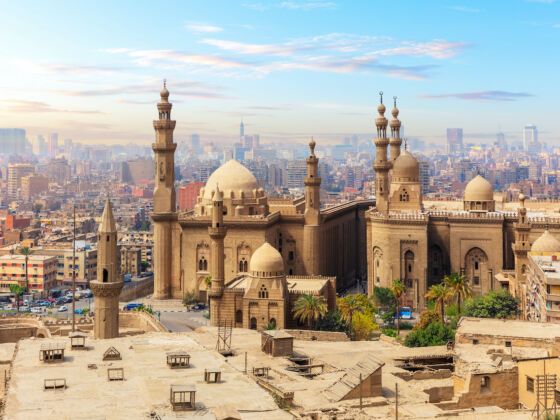1. Egypt is huge.
80 million people live in Egypt, 37 million in Cairo, of whom some millions are currently protesting each day. 80 million people is about a fourth of the Arab world’s population.
2. Egypt is militarily strong.
Egypt has the largest military in Africa, totaling nearly half a million active personnel, the tenth largest in the world, and one of the largest in the Middle East.
